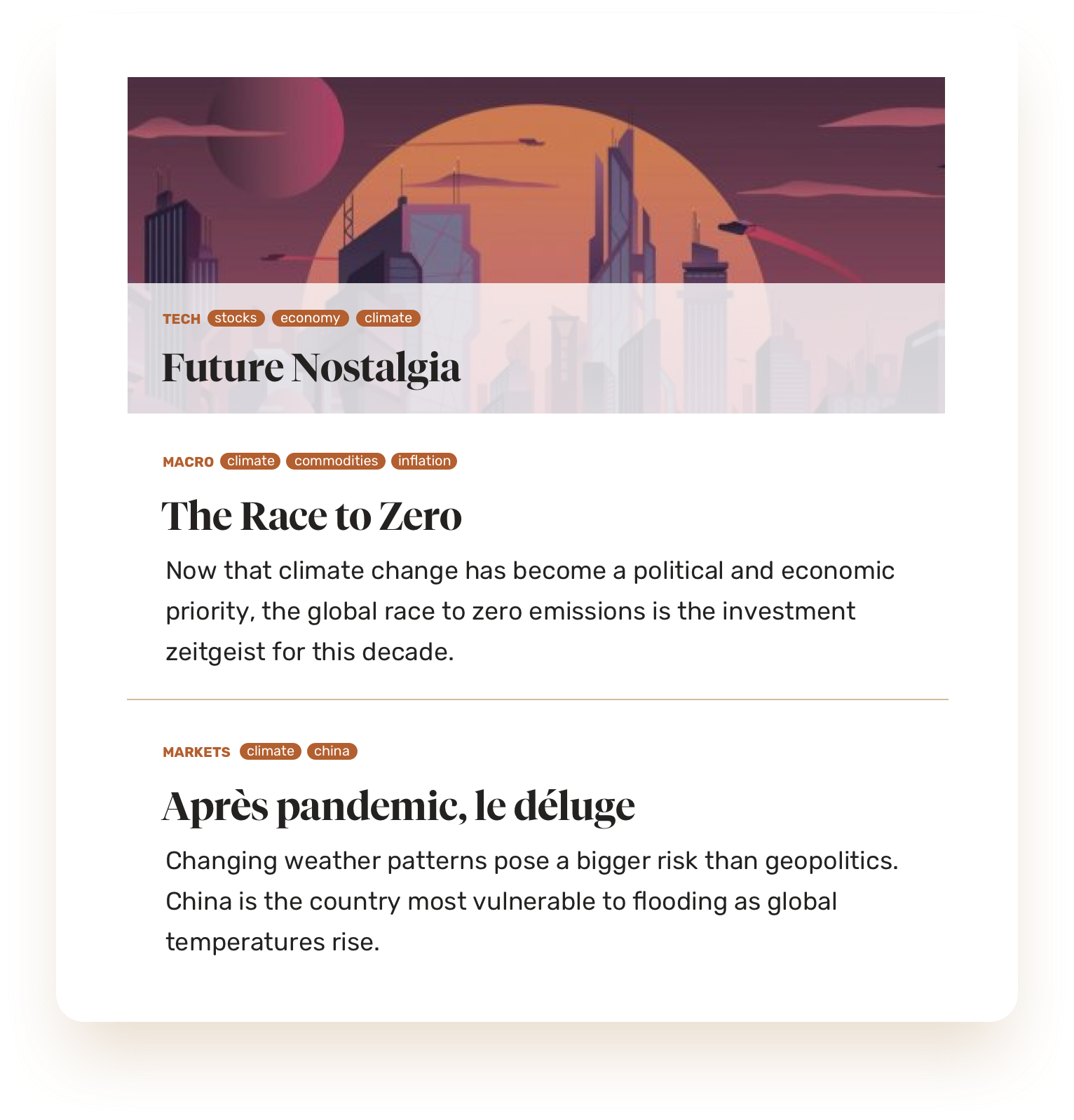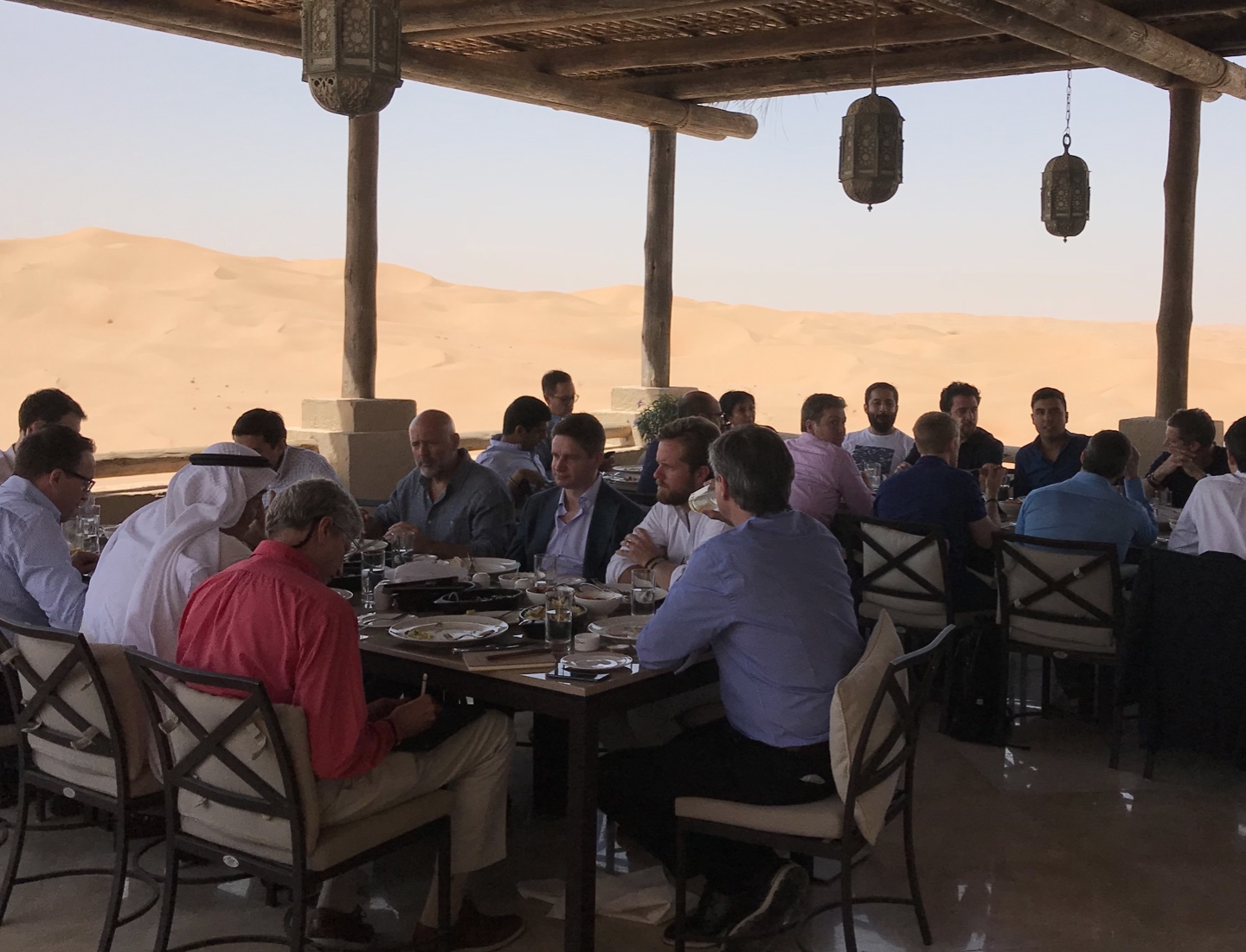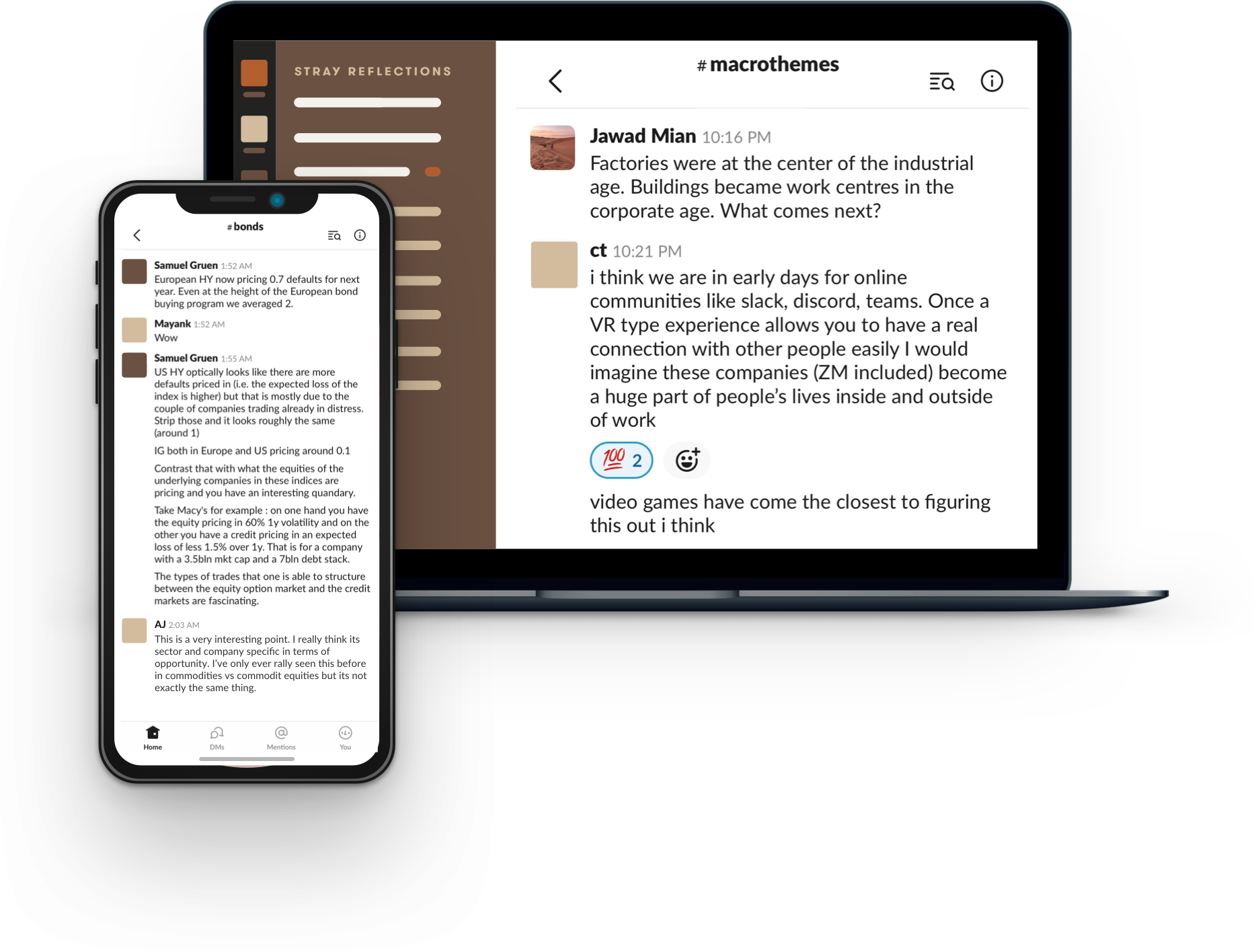In The End of Myth: From the Frontier to the Border Wall in the Mind of America, acclaimed historian Greg Grandin explores the meaning of the frontier over the long course of US history. America’s constant expansion, he argues, whether through land, trade or militarism, symbolized a future of boundless potential and served as the basis for its belief that it is an exceptional nation.
No myth in American history has been more powerful, more invoked by more presidents, than that of pioneers advancing across an endless meridian. Onward, and then onward again. There were lulls, doubts, dissents, and counter-movements, notably in the 1930s and 1970s. But the expansionist imperative has remained constant, in one version or another, for centuries. As Woodrow Wilson said in the 1890s, “a frontier people always in our van, is, so far, the central and determining fact of our national history.” “There was no thought,” he said, “of drawing back.”
And when the physical frontier was closed, its imagery could easily be applied to other arenas of expansion, to markets, war, culture, technology, science, the psyche, and politics. In the years after World War II, the “frontier” became a central metaphor to capture a vision of a new kind of world order. Borrowing frontier language used by Andrew Jackson and his followers in the 1830s and 1840s, postwar planners said the United States would extend the world’s “area of freedom” and enlarge its “circle of free institutions.”
Past empires established their dominance in an environment where resources were thought to be finite, extending their supremacy to capture as much of the world’s wealth as possible, to the detriment of their rivals. Now, though, the United States made a credible claim to be a different sort of global power, presiding over a world economy premised on endless growth. Washington, its leaders said, didn’t so much rule as help organize and stabilize an international community understood as liberal, universal, and multilateral. The promise of a limitless frontier meant that wealth wasn’t a zero-sum proposition. It could be shared by all.

Source: Foreign Policy Research
Pax Americana is the term applied to the post–World War II international order in which the US employed its overwhelming power and influence to shape and direct global events. America took the leadership role in the promotion of democracy, globalization, civil rights, and the rule of law.
The 1944 Bretton Woods agreement established the US dollar as the world reserve currency. The World Bank, the International Monetary Fund, and the General Agreement on Tariffs and Trade fostered international commerce; the United Nations and a network of American-led alliances, most notably NATO, promoted peace and security.
America’s reign as the supreme global political and economic leader resulted in a long period of prosperity. International trade flourished, democracy was regarded as the ideal form of governance, and more and more countries adopted this rules-based system. Since the US was viewed as a benign hegemon, nations were willing to submit part of their autonomy to be a member of this new global order.
President Kennedy explained his vision: “What kind of peace do we seek? Not a Pax Americana enforced on the world by American weapons of war. I am talking about genuine peace, the kind of peace that makes life on earth worth living, the kind that enables men and nations to grow and to hope and to build a better life for their children—not merely peace for Americans but peace for all men and women—not merely peace in our time but peace for all time.”

Source: Clocktower Group
All of this changed on September 11, 2001. According to R.P. Eddy, founder of global intelligence advisory firm Ergo, “Osama bin Laden’s attack on the Twin Towers was the most extraordinarily powerful asymmetric act of geopolitical history. A few thousand dollars ended Pax Americana.”
The most efficient American response to terrorism might have been strengthening intelligence, clandestine action against terrorist networks, and an international effort to diminish the underlying conditions that terrorists seek to exploit. But the US unleashed a mighty storm by bombing Afghanistan and then acting belligerently by invading Iraq, a country that had nothing to do with 9/11.
It was the American myth. “We will extend the peace by encouraging free and open societies on every continent,” President Bush declared.
Some long-standing US allies, including France and Germany, opposed the Iraq invasion. The anti-war protests were the largest the world has ever seen. Even so, the US broke with the international rules it had spent the previous five decades building and defending, exemplifying that national sovereignty was no longer sacrosanct. The so-called “weapons of mass destruction” in Iraq were nothing more than a hoax.
The military blunders in Iraq and Afghanistan—the vast amounts of civilian casualties and horrific revelations of torture and abuse by US troops—shattered the myth of US supremacy and invincibility. Belief in the universality of American values and ideals disintegrated. America’s prestige, soft power, and agenda-setting capacity declined.
Who can claim America’s woefully misguided War on Terror made the world a safe place?

Source: The Terrorism Index
The second blow to Pax Americana hit in 2008, when the subprime meltdown kicked off the biggest financial crisis since 1929. Lehman Brothers went bankrupt. Shadows formed over Merrill Lynch, AIG, Freddie Mac, Fannie Mae. The American Dream turned into a nightmare. The world economy ground to a halt, discrediting America’s role as the overseer of the global financial system.
Australian Prime Minister Kevin Rudd declared that the Great Recession “called into question the prevailing neoliberal economic orthodoxy of the past thirty years.” Instead of bringing forth infinite prosperity it led to oligarchic capitalism, he claimed, and increased inequality that threatened democracy. President Nicolas Sarkozy declared “Laissez-faire is finished.”
As alternatives to the US-dominated World Bank and the IMF, China established the New Development Bank, the Silk Road Fund, and the Asia Infrastructure Investment Bank. Xi Jinping sought to reshape the international system to represent China’s own interests, norms and values. He stated that “it is for the people of Asia to run the affairs of Asia, solve the problems of Asia, and uphold the security of Asia.”
China no longer wanted to be dependent on the US dollar—or exposed to the US banking system—to finance its rapidly growing trade. Internationalizing the renminbi by transforming it into a trading currency became a key policy objective. The share of Chinese trade now settled in yuan is 30 percent and it accounts for about 2 percent of global foreign exchange reserve assets.

Source: Asian Times
Frank Norris, in 1902, hoped that America’s expansion would lead to a new kind of universalism, to the “brotherhood of man” when Americans would realize that “the whole world is our nation and simple humanity our countrymen.” In 1966, the historian William Appleman Williams wrote the idea of expansion was “exhilarating” since it could be “projected to infinity.”
Not anymore.
With America’s loss of political and economic standing, nations became less willing to submit to the wisdom of its leadership. This facilitated in strongman rule around the world: Putin in Russia, Xi in China, Modi in India, Erdogan in Turkey, Orban in Hungary, Duterte in Philippines, Bolsonaro in Brazil, MBS in Saudi Arabia, and of course, Trump.
The constant fleeing forward allowed the US to avoid a true reckoning with its social problems, such as inequality, racism, crime, and violence. But the combined catastrophe of the mindless wars in the Middle East and the Great Recession meant the political passions that had long been directed elsewhere finally returned home. An entire generation’s expectations were radically shortchanged.
With the election of Trump, America found itself at the end of its myth, according to Gardin, who regards the country’s burgeoning border wall as a monument to the frontier’s final closure. “A symbol of a nation that used to believe it had escaped history, or at least strode atop history, but that now finds itself trapped by history,” he writes. “People who used to think that they were captains of the future, but now are prisoners of the past.”
On the campaign trail, Joe Biden pledged he would not build “another foot” of border wall as president. In the face of record numbers of migrants arriving at America’s southern border with Mexico, however, he quietly reversed course, plugging some holes and adding other portions. In 2022, the border wall was breached 4,101 times—more than 11 times per day. This was double the number of breaches in 2016 before any of the Trump wall was built.

Source: Politico
Over the course of two historic weeks in 2022, Pax Americana suffered its third—and perhaps final—blow.
In response to Russia’s invasion of Ukraine, the US and its allies sanctioned Russia’s biggest financial institutions (removing some from the SWIFT messaging system), ratcheted up debt restrictions, and froze Russian foreign exchange reserves held in their jurisdiction. Access to nearly $400 billion, or more than 60 percent of Russia’s reserves, was cut off overnight.
President Biden warned Putin and the Russian oligarchs in his State of the Union: “We are joining with our European allies to find and seize your yachts, your luxury apartments, your private jets. We are coming for your ill-begotten gains.” The Senate unanimously backed a plan to use confiscated Russian assets to aid Ukraine in its war with Russia, setting an appalling precedent.
Is it any wonder that global central banks have been building up their gold reserves at a pace not seen since 1967? Buying in the third quarter was at a record high, 28 percent more than a year ago. The American myth is unraveling.
In 2021, the US signed an agreement with the Taliban, formerly its fiercest foe, that set the terms for an ignominious withdrawal from Afghanistan. In a reversal of Wilson’s edict, America was drawing back. And now, even the most severe US sanctions, unprecedented in history, have failed to influence a political or military outcome. The Russian war rages on.
Does that mean US military and financial power has its limits? Pax Americana: is it really over? How safe are the dollar and US treasuries? It’s true what Canadian poet Anne Carson once said: “To live past the end of your myth is a perilous thing.”

Source: Atlantic Council
This is how to prepare:
(1) Over the last ten years, the US equity market cap has risen from 48 percent to 63 percent of the global total, against a share of global GDP of just 24 percent. At some point, this imbalance has to be corrected. We believe it is beginning to be. Non-US markets are outperforming since October. A reversal in the dollar may be a key driver.
(2) After its peak in the past two cycles, in 1985 and 2002, the dollar index fell by 46 percent and 33 percent, respectively, over three years. It was like the ground had been torn out from under it. There were only three 5 percent countertrend rallies during each bear phase. We now expect a similar dynamic. Keep shorting the dollar on any strength.
(3) We find it intriguing that gold was priced at $1,900 in 2011 while the dollar index was at 72. Gold is around the same level today even though the dollar has risen more than 40 percent from the lows. What does gold know that we don’t? Grab some gold, friends. It could once more serve as the ultimate hedge.
(4) And consider owning bitcoin, its digital equivalent. Before it was an icon for greed it was an emblem of rectitude. To quote One River’s Marcel Kasumovich: “That digital assets have lived to see their fifth bear market is already an achievement.” We’re bullish on Coinbase.
(5) America won’t go down without a fight. The increasing geopolitical rivalry with China is leading to greater spending to outcompete one another. Could it spur productivity enhancing innovation? War footing has contributed to the emergence of everything from penicillin and highways to universal suffrage and the welfare state. This is good for growth and stocks, which remain in a secular bull market.
We are at the end of an epoch. Whether the current transitional phase will be a tectonic reckoning or unfold with greater smoothness and calm is one of the great imponderables facing the world today.







